
Parenthood: living for the moments between the next big tantrum.
Mother’s Day is just around the corner. This time around, many millennials won’t just celebrate their own mothers – they’ll be celebrated as mothers themselves!
It’s an interesting time as many millennials begin settling into their roles as parents too.
Born and raised on technology, millennials are more health-conscious and more aware of social issues compared to the previous generation. Generally, they enjoy a higher standard of education and are more aware of certain issues – like parenting.
So how differently do millennials handle childcare as they enter parenthood themselves?
We talked to a few Malaysian mothers, and here are their stories.
The Grown-Up Friend
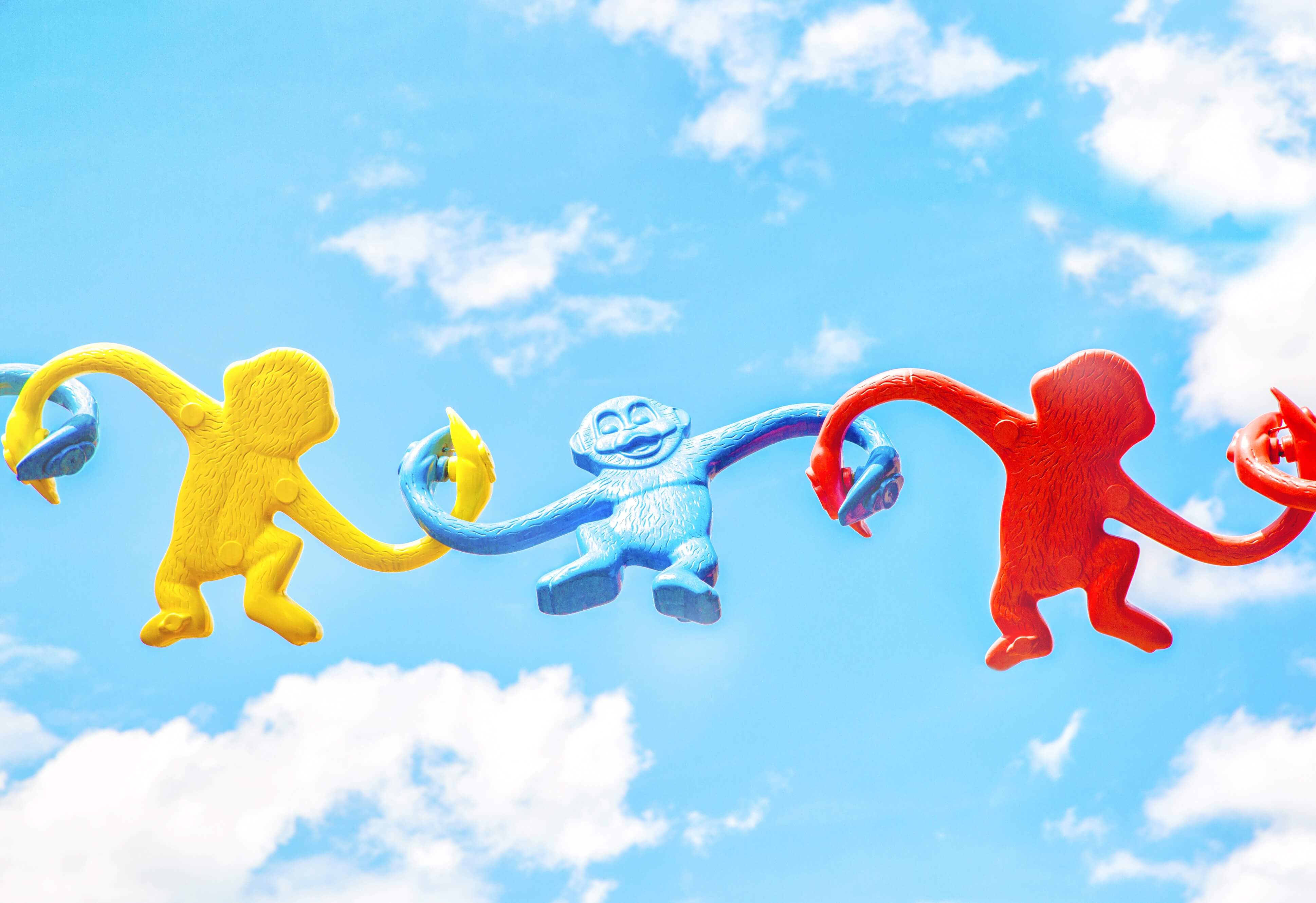
Monkey business: it’s all fun and games… until it’s not.
Zia Hoay is a schoolteacher trained in psychology, and she’s also a full-time mom. Her three children are aged 12, 10, and 3.
Her analogy for her parenting style is ‘try to get the kids on the same boat so that everyone rows in the same direction together’.
“The challenge is to establish authority while commanding respect. But what works for me with my children is that I respect them first!
“I make myself sit through all their grievances and attend to “serious” ones – like letting them eat some junk food because “we’ve been eating healthily every day, some KFC or instant ramen once a month wouldn’t hurt.”
“Once they know you truly have their interest at heart, however small or petty it is (even if you actually don’t, just pretend you do) they’ll be more open to what you have to say or what you want them to do.”
“Be a friend to them. Be a grown-up friend. The one who enjoys nasty, colourful ice-creams with them, but who also teaches them about how bad ice-cream can be.
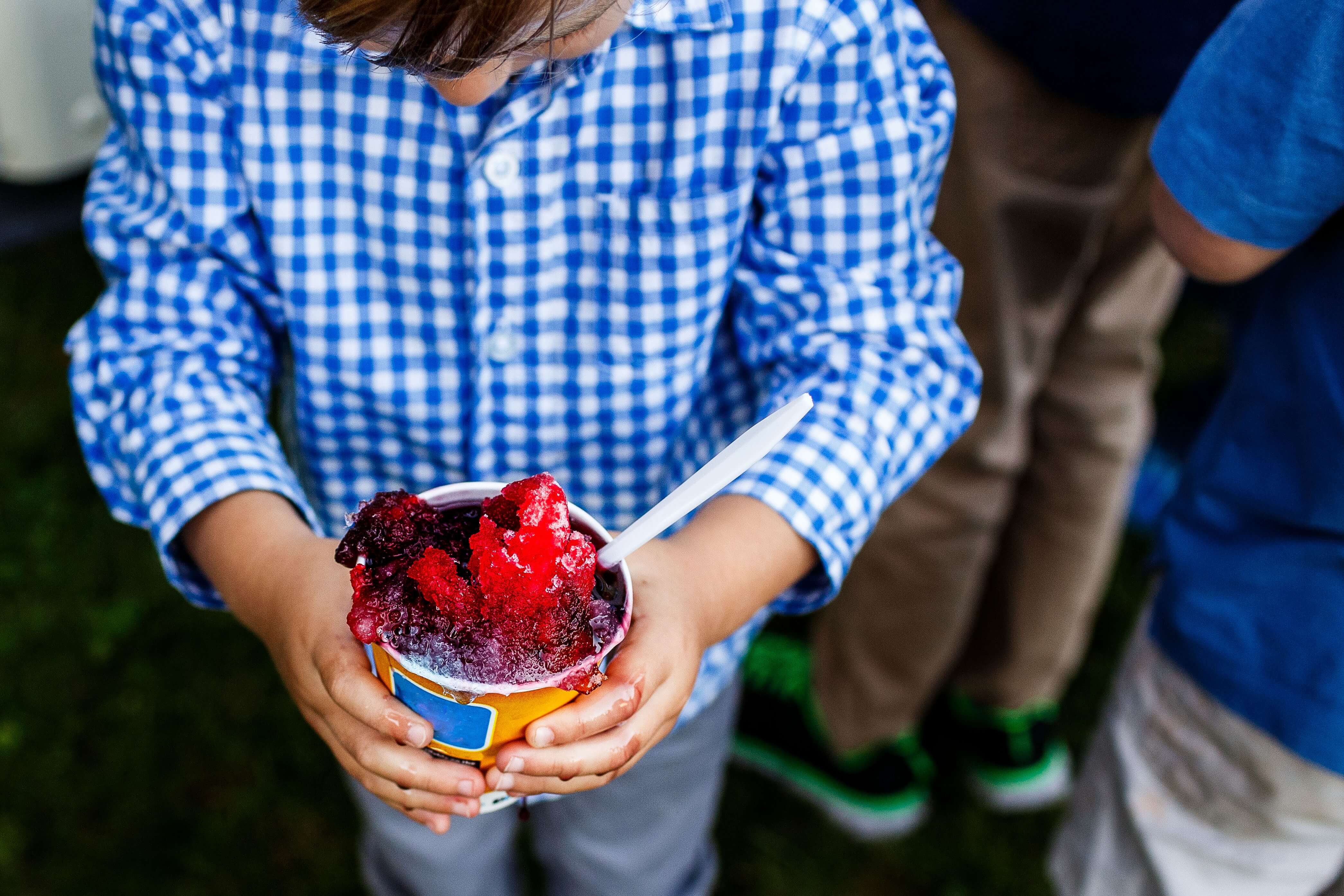
“Then also teach them that hey, we only live once, so moderation is the key.”
On the topic of corporal punishment, she states that “Being a teacher, I’ve seen a lot of shitty behaviour. I support corporal punishment because it could change bad behaviours.
“However, it should only be a last resort in changing a child’s behaviour. Do it only when everything else has failed.”
“Having said that, it is imperative to carry it out for the right reason, using constructive methods. Afterwards, immediately follow up with a conversation of love to ensure that the child understands it is done out of love and concern, not anger.”
Zia Hoay’s own upbringing was “conventional, but with a streak of fun.”
She acknowledges that her parents do sometimes feel that her parenting approach is not assertive enough because she believes in letting her children make their own decisions.
She cites her father as a strong influence on her the way she raises her children, despite the fact “his views on parenting are quite cinapek”.
From him, she learnt that humour is an amazing tool for dealing with children. Being able to see the humour in things can diffuse tension, tighten bonds, and lighten the mood in the wake of potential earth-shaking tantrums.
“I no longer get stressed when a child throws a tantrum and bawl his eyes out because eeeee look at that angry little wet face, so cute! Little people losing their shit – they look so funny! I love watching them first for a bit, before I move in to pacify those little hearts. Love it.”
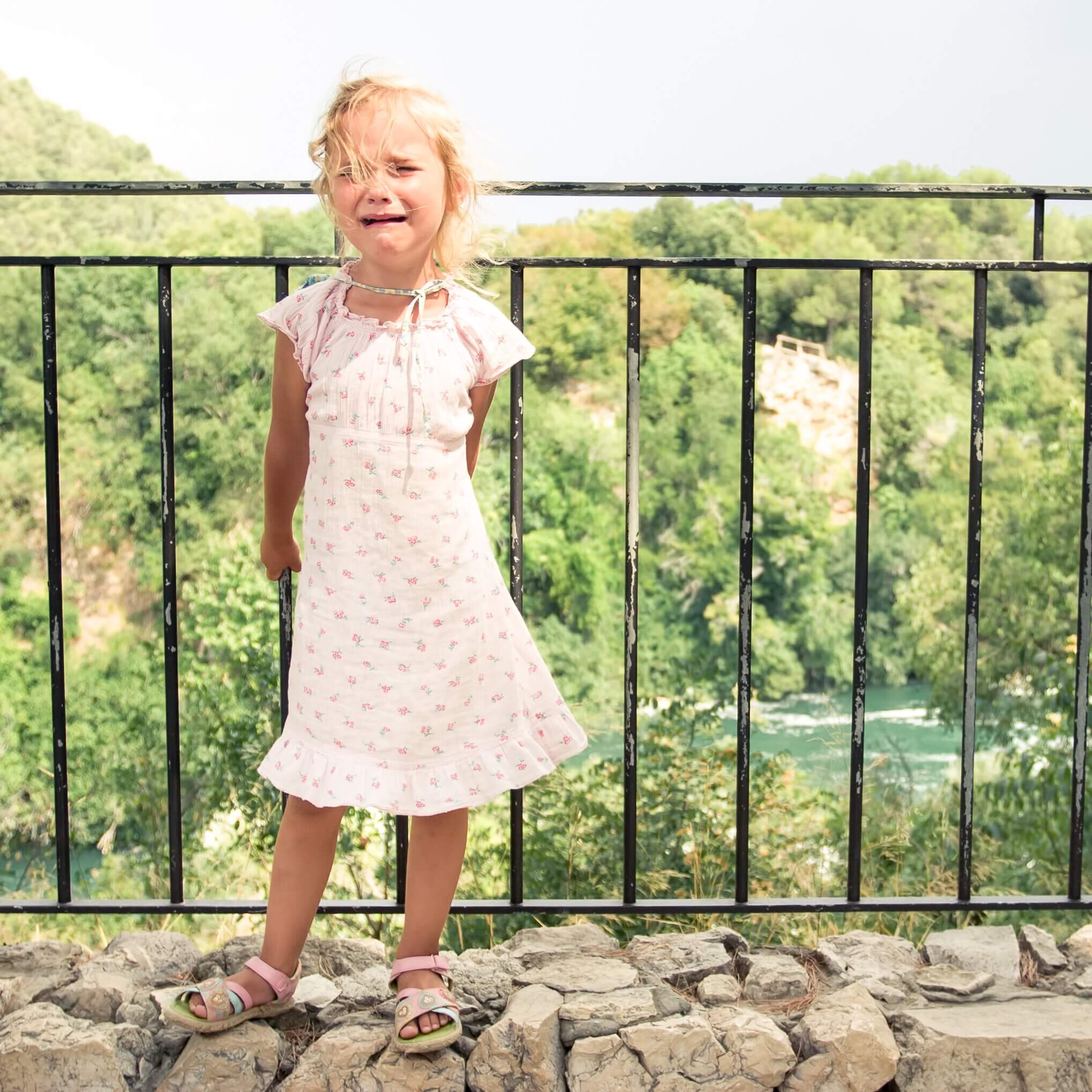
Because walking was too boring.
She acknowledges the frustration of dealing with children sometimes, “Those critters are capable of making you lose your shit too, so don’t fall into those sneaky traps.”
“Remind yourself that they are cute little extensions of yourself, and you should calm your tits to manage the situation. Do whatever it takes so that they don’t turn out to become a worse version of you.”
The Tiger Mum v2.0
R, the mother to two young daughters aged 5 and 9, works part-time from home as a freelance writer and tutor. She describes her parenting style as “Authoritative most of the time. Or at least I like to think so.”
Despite being able to work from home, R acknowledges that “It is not all unicorns and flowers”. She says that while she enjoys the luxury of being home for her family, plenty of time management and self-discipline is required.
A self-described Tiger Mum, R is strict about enforcing rules and setting boundaries: “I believe in Mr. Rotan – I die die Asian that way. Chilli in the mouth too if they talk back.
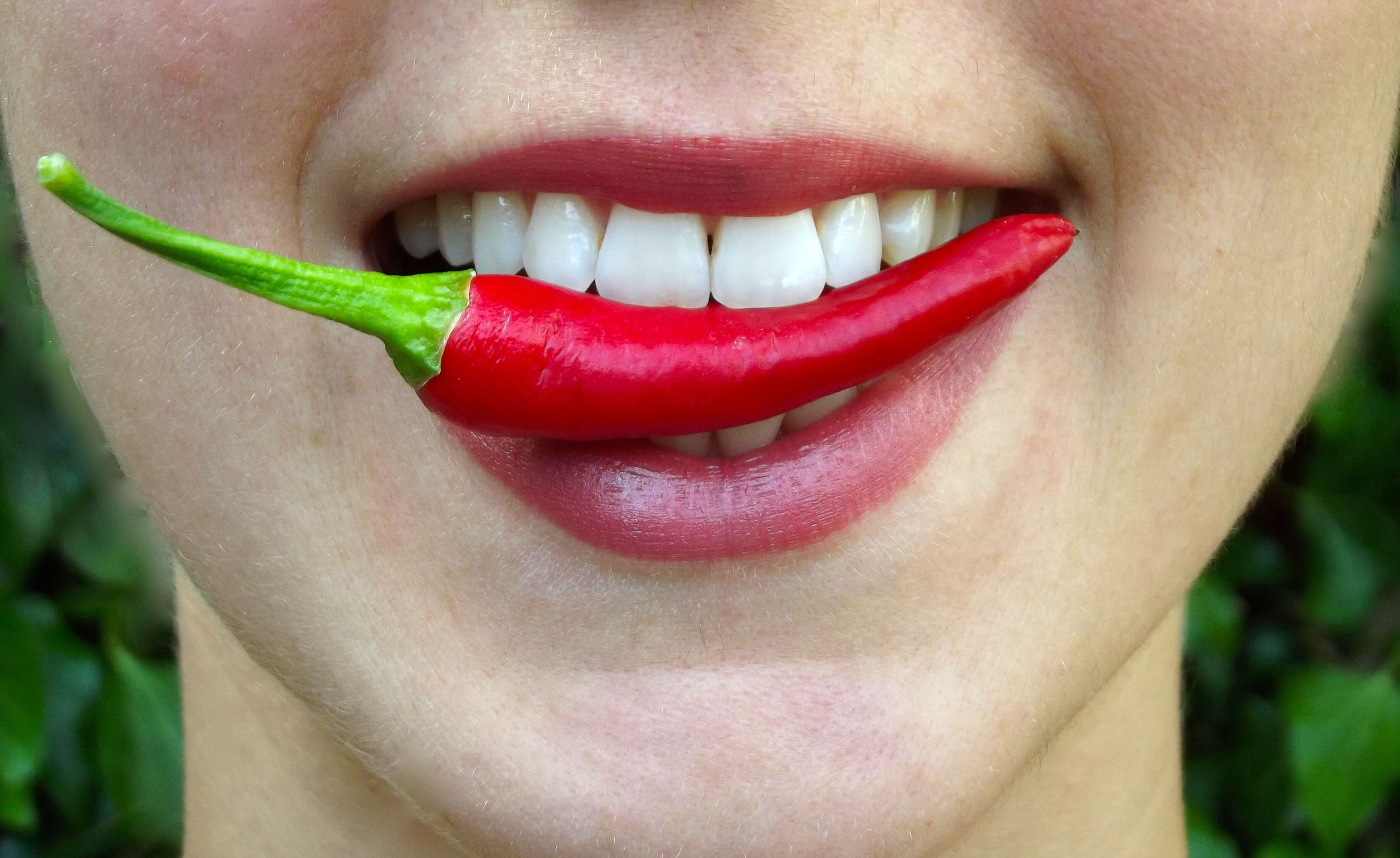
Oh pedas!
“I see it as harmless and a plus, later pandai eat chilli ma.”
These were the same methods used by her mother to enforce discipline, “Aiyah I kena all, I didn’t die.”
She feels that her own mother’s parenting method was effective on her, but she had to modify the authoritarian approach.
By taking her daughters’ feelings into account, she has found a parenting style that worked better for them. She’s strict, but she also makes an effort to clarify the reasons behind her rules and punishment.
Also, the biggest difference between her and her parents is the communication she practices with her children.
“I realised from experience I wasn’t given a voice to say anything or explain myself. So now, I try to have conversations with my children to explain to them why they were punished.”
The Team Leader
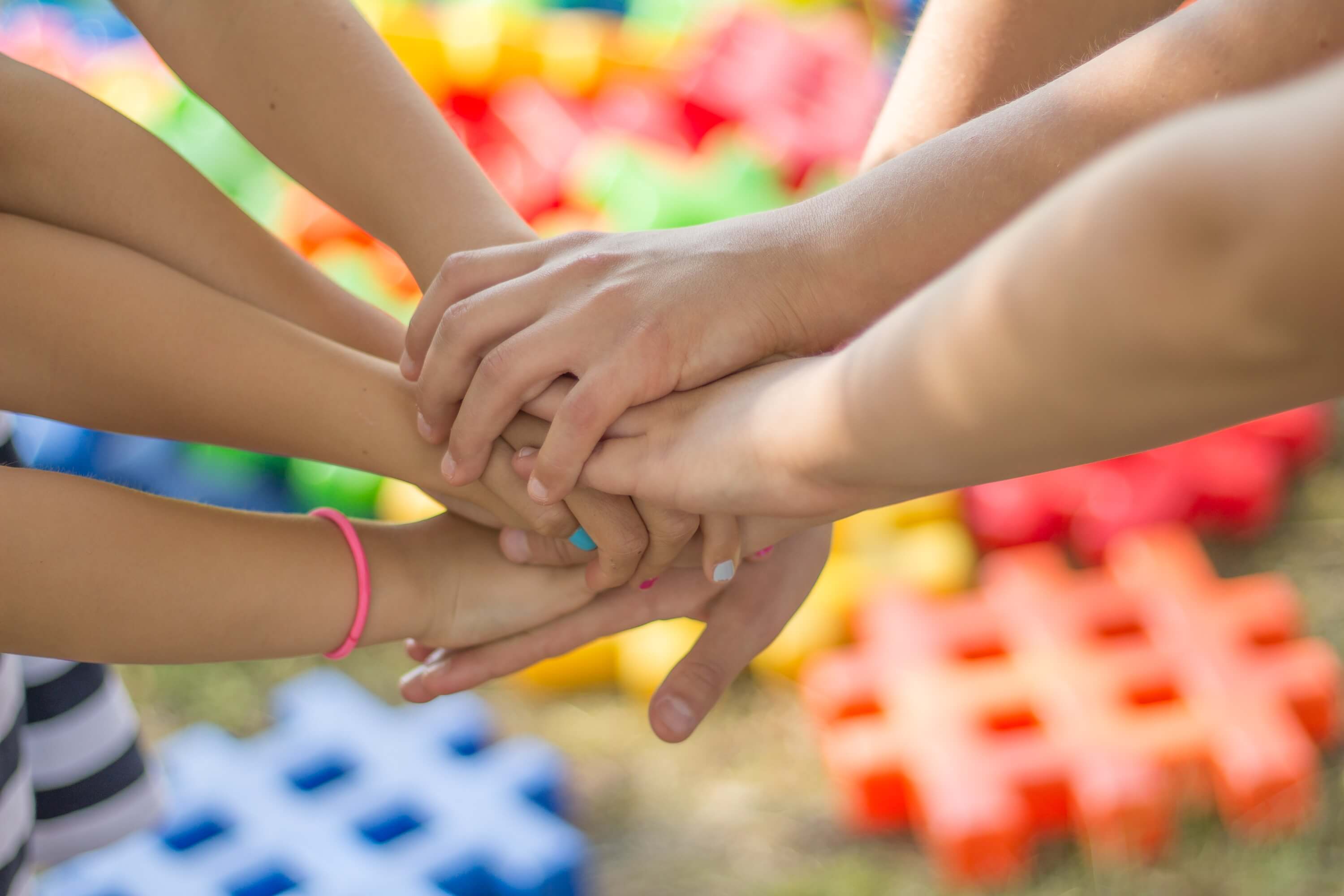
Teamwork makes the dream work
Yvy has five children, aged 2, 6, 8, 10, and 11. She runs her own tie-dye and custom business from home with the encouragement of her partner.
She works full-time four days a week, so she has had to delegate some responsibilities to her children, even if the job isn’t always done the way she wants it to.
Like R, she feels like her parenting style is very much influenced by her Asian upbringing. This is despite the fact that her partner comes from a Western culture, while her children are all born and raised in Australia.
“I sound like a freaking strict parent – typical Asian traits lah, I think (I) can’t run from it.”
“There are house rules and I’m very strict about no swearing. I do believe in corporal punishment, but we only spank when verbal warnings fail. It’s not everyone’s cuppa tea but it works for us.”
She feels that corporal punishment can be effective as a parenting tool – “I grew up with corporal punishment and my dad did use the cane on me when I was rude – he did it once, and that was all I needed to never repeat that same mistake again.”
“My parents never forced us to study – they advised us, but were not your typical Asian parents who insisted on straights-As. they were happy as long as we did our best. My partner and I have the same approach.”
Yvy’s parents were unconventional when it came to house chores: “I never needed to do any growing up. There were only two of us, and mum thought we should study instead.”
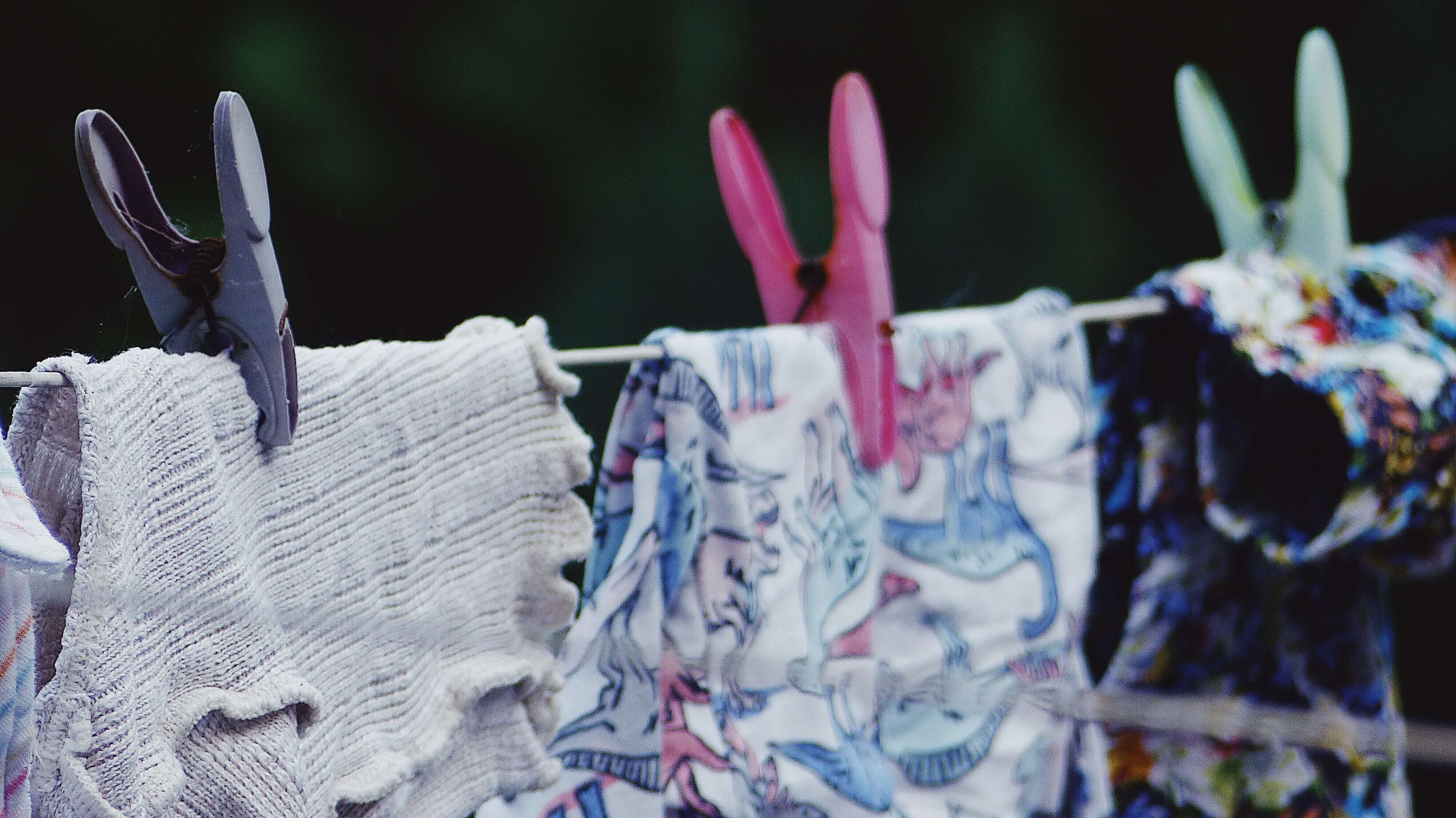
For Yvy’s family of seven, however, the children have to help out because “there are just too many of us to depend on me alone!”
How does she manage with five children while running her own business?
“Thankfully, the older kids are very hands-on when I need to do stuff. They help me in my business at the markets by handing out cards, but their involvement in the business is minimal.
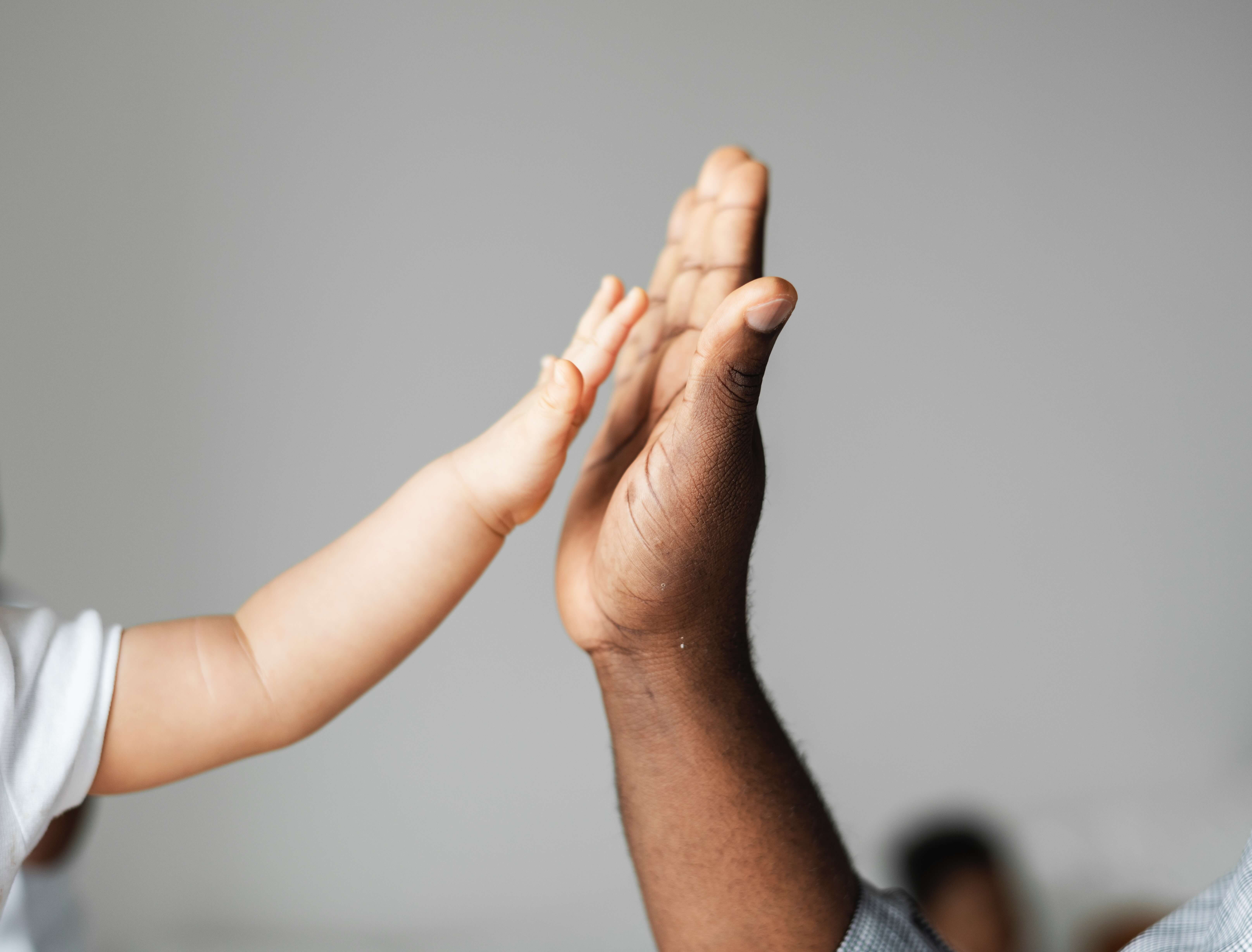
“Their job is mainly to mind bub (her two-year-old toddler). It’s really the little things, but it makes a huge difference!”
With her partner’s support and her children pitching in where needed, Yvy’s family runs on teamwork. She sells her tie-dye products at local markets, and she manages to get by with the help of her family.
“Putting up the tent with two people is hard… but it’s super fast when you have four pairs of hands helping! I wouldn’t and couldn’t do these markets without them. I really do depend on them for not only the emotional support but the physical support as well.”
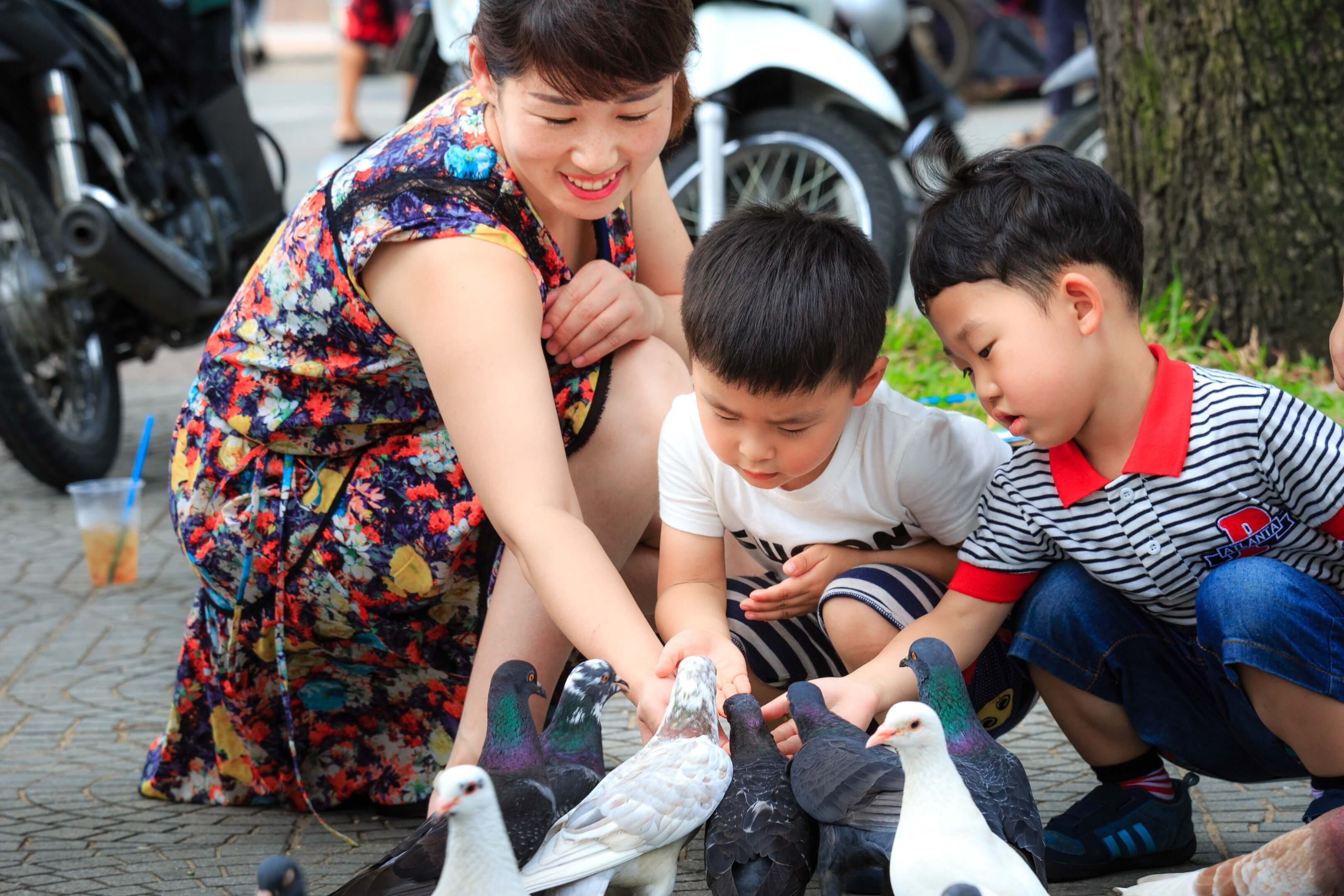
Zia Hoay, R, and Yvy all have their different approaches to parenthood, but what all of them agree on is that the way their own parents raised them has influenced their individual approach towards parenting.
All three mummies have based part of their parenting methods on how they were brought up.
Raising children is a unique experience for everyone, and it’s hard to tell what’s “right” or “wrong”. Along the way, parents of all generations have found that the process of parenthood is very much trial and error.
As R succinctly stated, “Understandably, there is no fool-proof method lah”.
The biggest difference between how the previous generation approached child-raising and the current generation of parents, is in the communication between parents and children.
Even with plenty of support from both partners and children, most mummies find themselves short-changed in terms of time for themselves.
Yvy wryly pointed out, “To be painfully honest, something has to give and most of the time it’s rest and sleep – I forgo that to spend ME time.”
R agrees, pointing out that even as a work at home mother, she finds that being extremely disciplined about managing time is one of the greatest challenges of motherhood.
On how to survive parenthood with sanity intact, Zia Hoay advised, “Just remember to breathe a lot.”
Happy Mother’s Day to all the mummies in Malaysia! How do you approach parenthood? What do you do differently from your own parents? Do leave a comment!
For more articles on moms, read 5 Annoying Things Our Moms Used to Do That We Now Love, and How Your Relationship with Your Parents Change After They Get Older.
More from Real People
‘A RM100 fee cost a company 5 years of revenue’ shares M’sian
This story is about a Malaysian who learned that bureaucracy can be defeated simply by not arguing with it.A billing …
‘I quiet-quit, upskilled, and tripled my salary,’ shares M’sian engineer
This story is about a Malaysian who learned that loyalty without leverage leads nowhere in the corporate world.After years of …
‘I did everything right, and it still wasn’t enough’ shares M’sian graduate
This story is about a Malaysian graduate navigating big dreams in a job market where a degree no longer guarantees …














